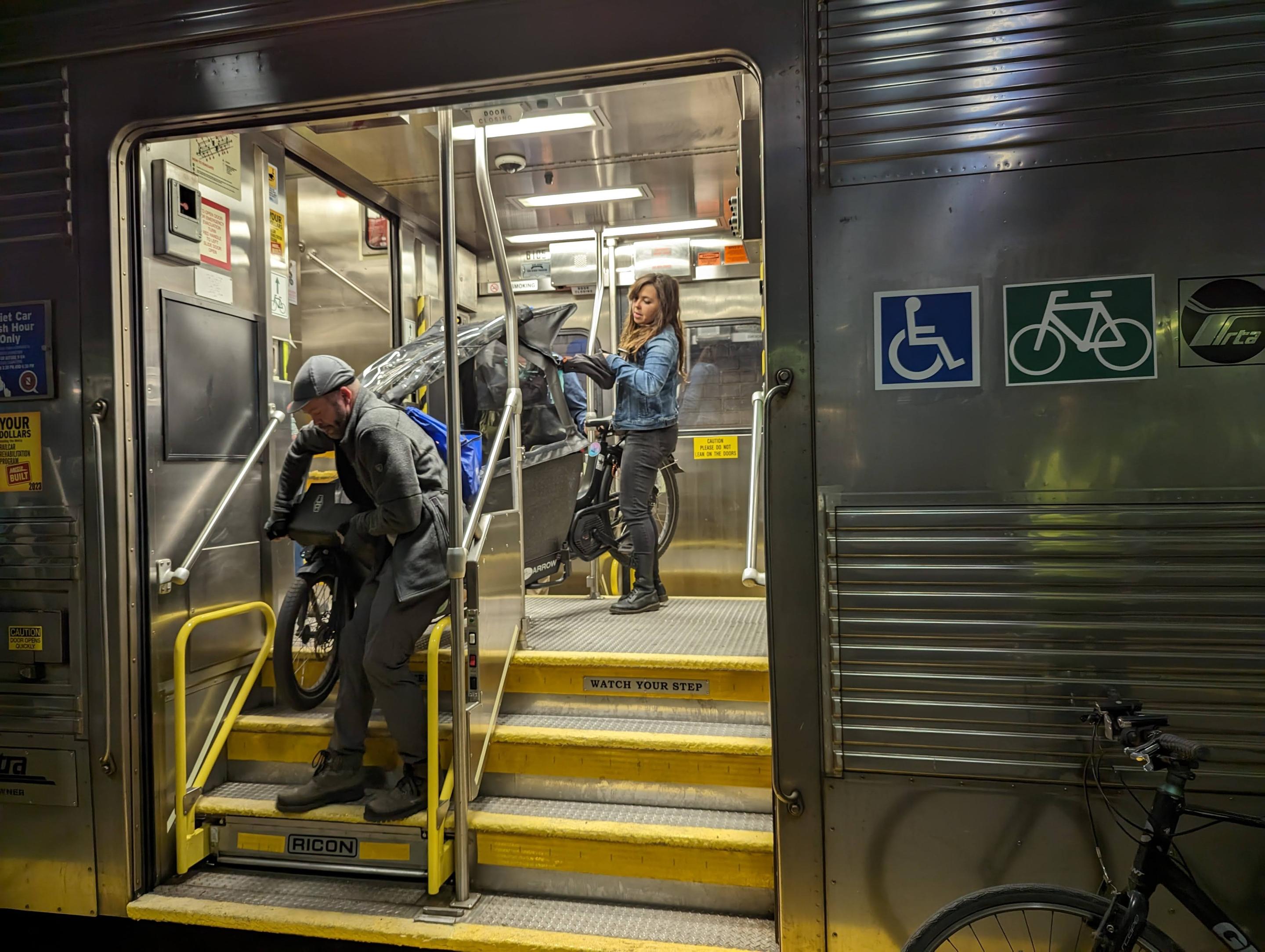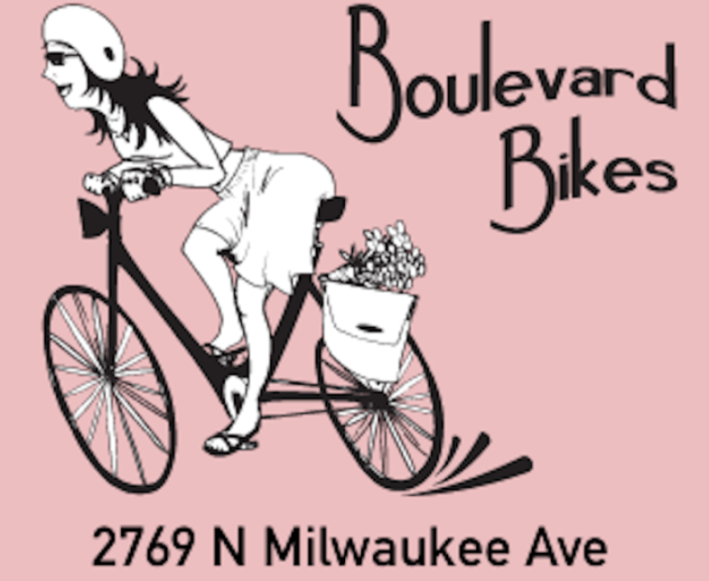
By Brandon McFadden and Matt Weiss
After months of pressure from "the bike guys" at board meetings, and only one month after the initial announcement, Metra unveiled "Bike Car 1.5". The agency hosted an event at Ogilvie Transportation Center for the railroad's Community Bike Working Group on Wednesday. The group is made up of bike riders from across the service area along with Metra staff members. A Metra spokesperson said "We’re grateful to everyone on our Bike Working Group who has provided us with their feedback, and we are pleased to introduce these new bicycle spaces. [The Bike Working Group] is helping us make it easier and more convenient for cyclists to use our trains."
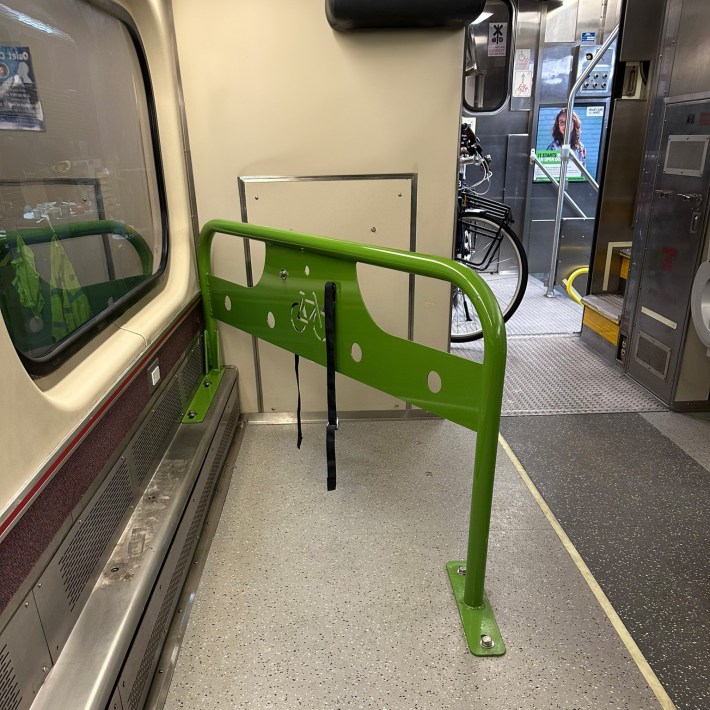
Attendees were able to check out the prototype bike rack onboard the rehabilitated gallery car. The new cars feature a bike rack that is manufactured in-house by Metra’s mechanical team. While a firm timeline isn’t available yet, Metra says the rack "uses materials that can be obtained within a short lead time" which will allow them to rapidly manufacture and install the racks. Metra staff members at the event noted that the racks take approximately five hours to assemble and install within the rehabilitated cars, making it very easy to fit into the rehab process.
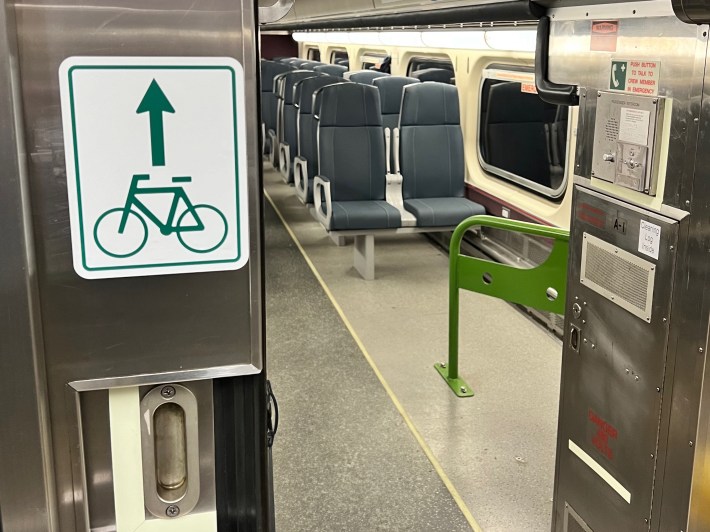
The new racks feature a distinct green paint scheme and are built to accommodate three bikes. Although during the event, attendees determined that up to four bikes could be accommodated. The custom designed rack replaces six seats in the main seating wing, leaving the accessible seating across the vestibule available to riders that need it. There are openings across the center of the rack that allow the use of various sized bike locks to secure bikes to the rack if desired. While the new racks feature integrated straps, Metra still encourages bike riders to bring their own bungee cords or inner tubes for securing their bikes in the accessible seating area.
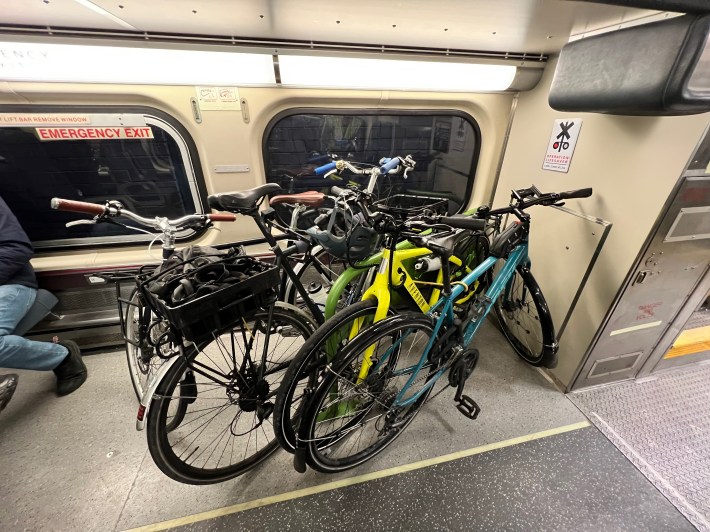
Bike rider and frequent Metra rider Michael Metz attended the event from McHenry and said "It is great to see Metra taking community feedback seriously and following through by creating these bike racks." Metz has been a consistent voice at Metra board meetings this year regarding the Bikes On Trains policy as well as inconsistencies within printed materials and enforcement by Metra conductors.
The new bike racks are not the only positive change riders can anticipate in the coming year either. Metra relaxed its Bikes on Train policy at the beginning of the pandemic. However, enforcement has been inconsistent across Metra rail services, with the Union Pacific North and Northwest lines receiving the most complaints during public comment periods. At the upcoming board meeting on January 17, Metra’s internal bike committee will seek approval for this new, more relaxed bike policy:
Bikes and scooters are permitted on all trains, either in the priority (ADA) seating areas when not already occupied, or in spaces designated for bikes on railcars with a bike logo. Bike and scooter spaces are allocated on a first-come, first-served basis, but customers with disabilities have priority in the ADA spaces. Crews have the right to refuse bikes and scooters if all spaces are filled or if ADA seating is needed for customers with disabilities. Trains with high crowding potential, as indicated in Metra’s online schedule finder tool (click "Maps & Schedules"at metra.com) are least likely to have room for bikes and scooters. Small folding bikes and folding scooters are allowed at all times. Visit metra.com/bikes to review the complete bicycle policy, including requirements for storing the bike.
If approved, this updated policy will be included in printed schedules and on Metra’s website starting in February along with the updated fare structure recently approved by Metra’s Board of Directors.
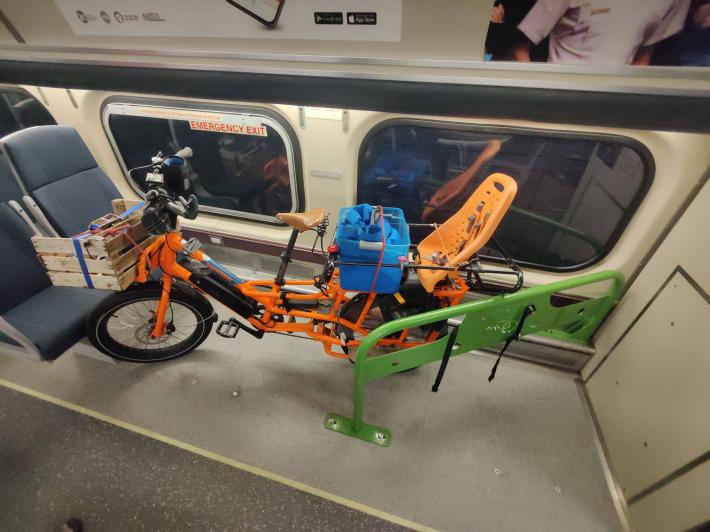
Much of this change was prompted by public comment at Metra board meetings this year, with director Melinda Bush regularly referring to the consistent public commenters as "the bike guys". In addition to Metz, Maciej Wojtasik from Franklin Park and Michael Kroll from Evanston have been vocal about Metra’s inconsistent bike policy enforcement. Wojtasik said he "encourages everyone to come to board meetings and speak up about what you'd like to see. These bike improvements are the result of many people doing the same," Kroll added, "There are far too many transit deserts in the suburbs where a bike is your only means of last mile transportation," and noted that he hopes the RTA and other Chicago transit agencies can start being this responsive to public comment in the future.
Advocacy groups in the region are also encouraged by this news. Dave Simmons from Ride Illinois, a statewide bike advocacy organization commended the move saying "We’re pleased that Metra has updated their policy to make it clear that bikes will only be refused if all dedicated bike spaces are occupied. Having a bike rack that accommodates at least two bikes on all Metra cars within five years is noteworthy."
In a statement, the Active Transportation Alliance called the new bike rack a game-changer. "Metra is making big strides toward a vision where cycling and transit seamlessly converge, reinforcing our shared commitment to a greener, more accessible and equitable region."
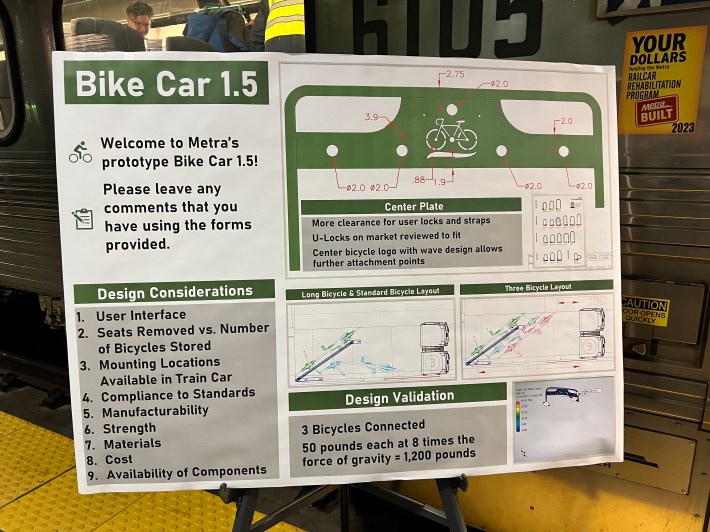
Metra also provided answers to some of the questions asked during the Bike Working Group meeting in November. Cargo Bikes are absolutely fine as long as they can fit within the constraints of the rack or priority seating areas. Those bringing a cargo bike must also be able to load and unload it themselves. Metra also noted that Bike Car 1.5, and the new Alstom built cars will not include any vertical bike racks like those featured in early generation Metra Bike Cars. The new Alstom cars are currently on order and will incorporate less stairs to enter the train in addition to including dedicated bike space. While Metra originally expected the Alstom cars to start delivery in 2024, the lead time on the new rolling stock is currently unclear.
The agency intends for bike space to be available on every Metra run, with Bike Car 1.5 being the key to make that possible. Improving the rider experience for people with and without starts before boarding. In an email to the Working Group, Metra acknowledged the need to improve station wayfinding and is exploring operational practices that will allow riders with bikes to anticipate where in the consist to expect the bike car on the platform.
Another focus of the working group is recognizing the need for secure bike parking at downtown stations like Chicago Union Station and Ogilvie Transportation Center. Although Metra does not own these stations, nine of their 11 lines use these two terminals. Metra Electric District and Rock Island lines use stations owned directly by the agency. An internal group at Metra is exploring the feasibility of offering secure bike parking options for passengers. In contrast, WMATA in the DC area offers secure bicycle boxes for rent at several of their stations throughout the DMV.
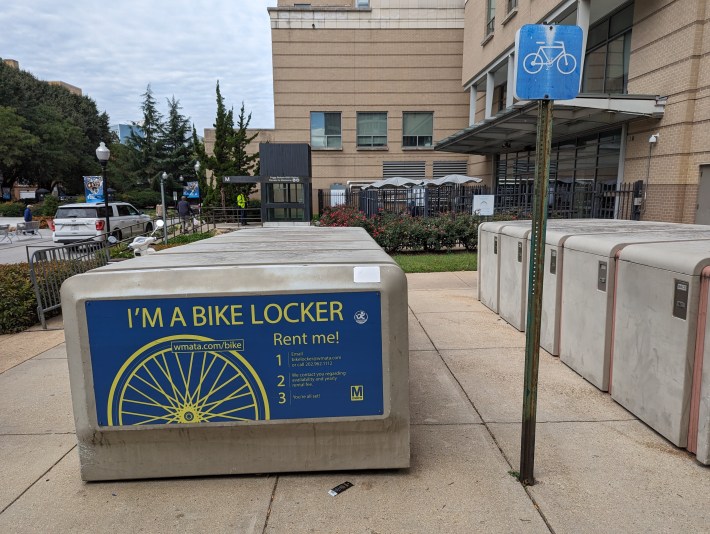
Metra plans to place the rehabilitated car featuring the prototype rack in service on the Union Pacific North line within the next two weeks. It can be spotted by the distinctive bright green bike symbol on the outside of the car near the entry doors. At the time of writing, the car does not have a specifically assigned schedule, but Metra staff indicated that it would be prioritized for peak-service trains.

Did you appreciate this post? Please consider making a tax-deductible donation.
